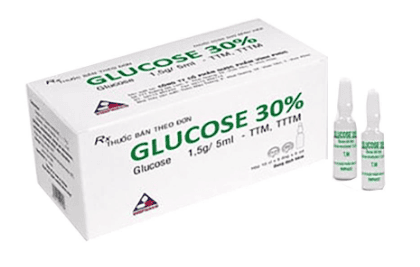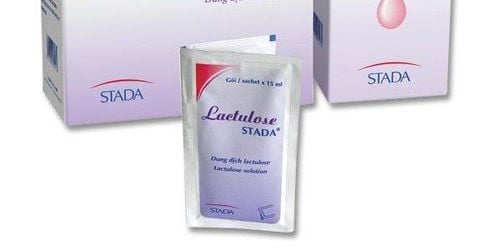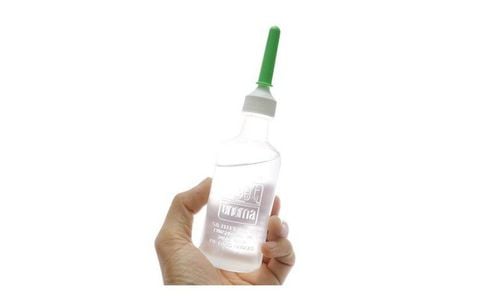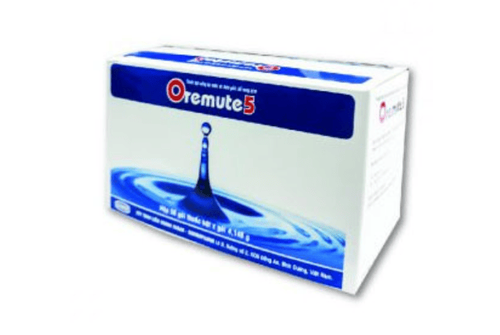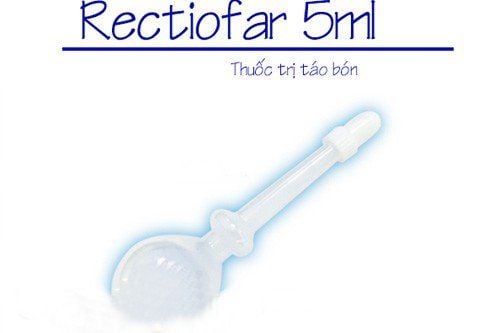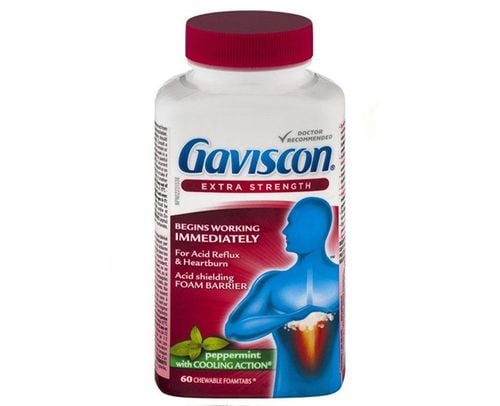This is an automatically translated article.
Constipation is manifested by infrequent or difficult bowel movements. This is a common condition, making the sufferer feel uncomfortable and must use laxatives to treat. However, the FDA has warned that caution should be exercised when taking or prescribing laxatives with sodium phosphate.
1. Side effects when using laxatives
The Food and Drug Administration (FDA) has warned consumers about some over-the-counter (OTC) laxatives that can be dangerous if users don't follow the correct dosage or warning instructions. on the drug information label, or when the user also has some other health condition.
In fact, there have been dozens of reports of serious side effects, including 13 deaths, associated with the use of sodium phosphate laxatives.
On the label of the sodium phosphate laxative it states: A single dose should be taken, taken once a day and not used for more than three days. Equally important, if a user is still unable to have a bowel movement after taking an oral or rectal dose, another dose should not be taken.
In addition, the label also instructs adults and children to consult a doctor before using these products if they have kidney disease, heart problems or are dehydrated.
MORE: Notes on the use of laxatives for constipation in pregnant women
FDA recommends consulting a doctor before using laxatives for the elderly over 55 years, adults and children certain health conditions, as these products may increase your risk of harmful side effects. The new warnings are not currently on drug labels and apply to both adults and children. Specifically the person taking:
Certain drugs that affect kidney function, such as diuretics or fluid pills; ACE inhibitors to lower blood pressure; Angiotensin receptor blockers (ARBs) to treat high blood pressure, heart, or kidney failure; Nonsteroidal anti-inflammatory drugs (NSAIDs), such as ibuprofen. People with colitis.

Bệnh nhân mắc bệnh thận nên cân nhắc khi sử dụng thuốc nhuận tràng
Laxatives used both orally and rectally come in different forms, with different ingredients. Sodium phosphate is used in some products that belong to the salt laxative class. This group helps promote bowel movements by drawing water into the intestines, softening stools and making it easier to pass.
Laxative products containing sodium phosphate are marketed under the common brand name "Fleet", as well as other generic brands. All of these carry the risk of serious side effects, such as dehydration and/or disturbances in blood electrolyte levels, which can lead to serious complications, such as liver damage. kidney damage and even death.
SEE ALSO: Risks of laxative overdose
2. High-risk groups
According to FDA medical staff and pediatric nephrologists, the most serious harm in recent reports occurred after a consumer overdose. Specifically, they took a single dose higher than recommended on the label or took more than one dose in a day because the laxative effect had not been received from the first dose.It is important that these products are safe for healthy adults and older children, as long as they follow the dosage instructions on the drug information label, and do not take the product in larger or more frequent amounts than with on the label.
In recent reviews, the FDA identified 54 cases of serious adverse events associated with the use of OTC sodium phosphate products orally or rectally for the treatment of constipation in children and adults. . There were 13 deaths, including 1 child and 12 adults. It is not possible to determine the exact proportion of risks because it is not clear how many people taking these drugs in all may experience side effects, the expert said.
Caregivers should not give these products to children under 5 years of age without first consulting a healthcare professional. Experts also warn both caregivers and doctors to avoid placing these medicinal products rectally in children under 2 years of age. The product label also contains warnings regarding use for young children.

Thuốc nhuận tràng cần được sử dụng theo đúng chỉ định của bác sĩ
3. Warning signs when using laxatives
Users of these laxatives should watch for warning signs of a bad reaction. For example, placing a dose of medication through the rectum and not producing a bowel movement can cause dehydration and/or serious changes in blood electrolyte levels. Symptoms of dehydration include: dry mouth, increased thirst, decreased urine output, and dizziness, especially when changing positions. If a rectal dose is retained in the body for longer than 30 minutes, a physician should be contacted immediately for proper management.Symptoms of kidney injury include: drowsiness, sluggishness, decreased urine output or swelling of ankles, feet and legs. If you experience these symptoms after using a laxative containing sodium phosphate, you should seek medical attention immediately.
Finally, if you are concerned or have any questions about the use of these products, especially for young children, consult your doctor first.
Please dial HOTLINE for more information or register for an appointment HERE. Download MyVinmec app to make appointments faster and to manage your bookings easily.
References: fda.gov




